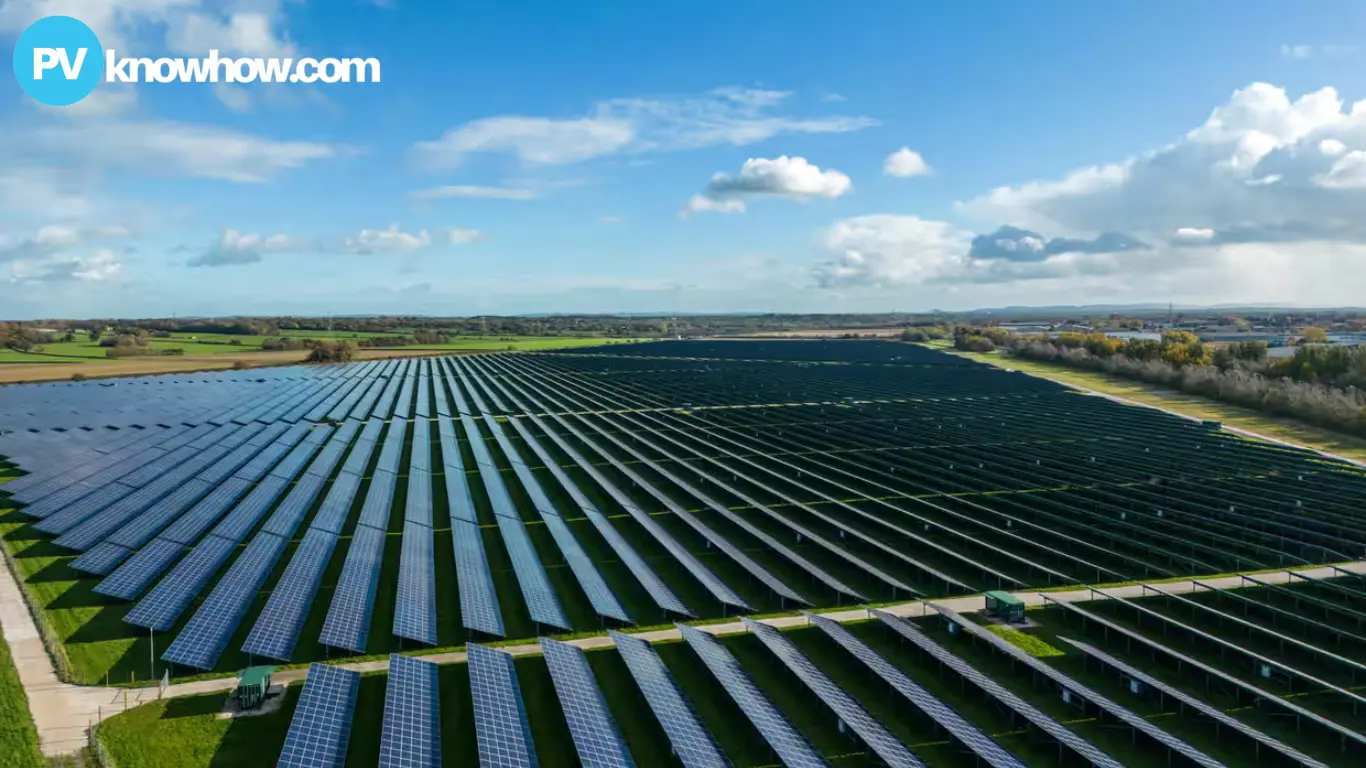Labour pledges to begin building solar energy infrastructure within months of an election win to combat the cost-of-living crisis. Launching the Great British Energy logo and website, Labour plans to create a publicly owned company to invest in domestic solar power, aiming to reduce energy bills.
The Strategy
Within months of a potential election victory, Labour has pledged to launch initiatives to promote solar energy as a means to alleviate the cost-of-living crisis. Sir Keir Starmer will highlight the connection between family financial stability and energy independence, criticizing the Conservative Party for failing to bolster Britain's resilience.
At an event in Scotland alongside Scottish Labour leader Anas Sarwar, Starmer will unveil the logo and website for Great British Solar. Labour's strategy includes creating a publicly owned entity to invest in domestic solar power, forming a key part of the party's six-point policy to reduce energy bills and tackle the cost-of-living crisis.

Image: Collected
Sir Keir Starmer has announced that Great British Energy will initially invest in wind and solar projects across the UK, aiming to make Scotland a leader in floating offshore wind, hydrogen, and carbon capture and storage (CCS) technologies. Funded by a windfall tax on large oil and gas companies, the company will be headquartered in Scotland with an initial capitalization of £8.3 billion.
Cutting Bills and Attaining Energy Self-sufficiency
Endorsed by former chief scientific adviser Sir Patrick Vallance, the plan promises lower energy bills, job creation, and enhanced energy security. Vallance emphasized the importance of rapid investment in clean energy to avoid reliance on international fossil fuel markets, which have proven unstable, as highlighted by the recent energy price shocks following the COVID-19 pandemic and Russia's invasion of Ukraine.
“If we take our time, someone else will figure out the solutions, and in the end, we'll be purchasing the answers instead of offering them. Achieving a clean power system quickly and with the right technologies requires investment rather than just expenditure,” Sir Vallance remarked. Furthermore, energy self-sufficiency will ensure that our nation is never again left vulnerable by its reliance on a volatile global fossil fuel market.”
Labour claims that in the past two years, a typical family paid £1,880 more in energy bills due to price hikes, while the government spent £94 billion capping costs. The Office of Budget Responsibility warns that continued gas dependency could lead to recurring crises, risking a £900 annual energy price spike for households.
Sir Keir Starmer attributes the cost-of-living crisis to the Conservative party's failure to ensure energy resilience, leaving the UK vulnerable to fossil fuel markets. Labour's plan, through Great British Energy, aims to invest in affordable, clean, solar energy produced domestically to ensure energy security and lower bills.
Towards Net Zero Emission
According to Ed Miliband, the shadow secretary for energy security and net zero, Great British Energy will jumpstart their endeavour for renewable power to cut costs and strengthen our energy independence. He underlined the clear choice in the forthcoming General Election: "either facing increased bills and energy vulnerability under the Conservatives, or enjoying reduced costs and energy self-reliance with Labour."
Mike Childs, head of policy at Friends of the Earth, praised Labour's commitment to harnessing the UK's significant renewable energy resources, describing it as a positive step toward transitioning to a green economy. However, he emphasized that the party should not become complacent with just one robust green policy.
He highlighted the need for detailed plans to reduce carbon emissions from transportation and home heating, suggesting solutions like a national insulation program, funding for heat pumps, and revitalizing public transport. Childs urged all political parties to enhance their environmental commitments.
Labour plans to launch Great British Energy to invest in domestic solar power, aiming to reduce energy bills and enhance energy security by leveraging the UK's renewable resources. Funded by a windfall tax on large oil and gas companies, the initiative promises rapid clean energy investments, job creation, and reduced reliance on volatile fossil fuel markets.
